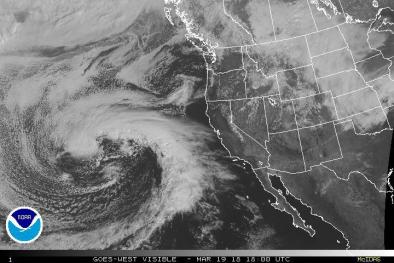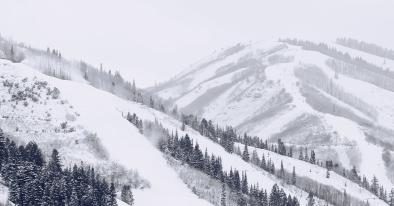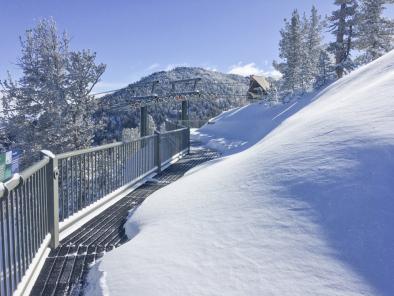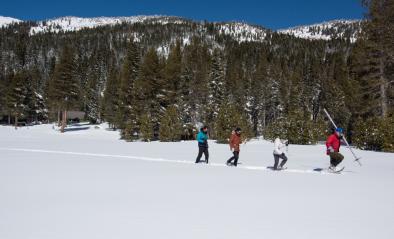How is a changing climate affecting California's way of life?
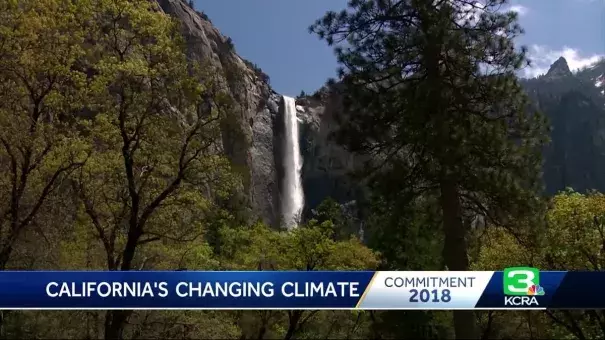
California's natural beauty is facing tremendous challenges -- a climate that is changing and a population that is growing fast and constantly demanding the most precious resource: water.
...
"California needs a new tool to manage water for the next drought," said Jim Watson, Sites Project Authority general manager.
Advertisement
One of those new tools is the Sites Reservoir Project, which was just awarded $816 million in voter-approved state funding.
...
The reservoir will capture high water flows from the Sacramento River in the winter.
"The Sacramento River is already seeing earlier runoff due to snowmelt occurring earlier," Watson said. "And a number of scientists attribute that to climate change."
UC Davis research scientist James Thorne believes California's climate is warming up, and in his published study, he warns that more could be at risk.
"If we continue at the level of emissions that we are currently on, we'll be putting about half of the state's vegetation at risk by the end of the century," Thorne said.
Thorne's data shows greenhouse gas emissions are changing California's landscape in the high Sierra surrounding Lake Tahoe.
"One-hundred years ago at Lake Tahoe, nine months of the year were frozen at night," Thorne said. "And now, six months of the year are frozen at night."
And the data also shows big changes in the Yosemite Valley, where 100 years ago, freezing temperatures at night were common six months of the year, but today, it's just three months of the year.
In the foothills surrounding Placerville, the changes in nighttime lows are even more dramatic.
"If you drop down to Placerville about 70 years ago, three months were frozen," Thorne said. "And now, on average, none are frozen. What that means is Placerville doesn't have a snowpack anymore."
No snowpack in the foothills means higher fire danger year-round, and with fewer healthy trees, California's ability to capture rainwater in watersheds is also compromised.
Related Content
